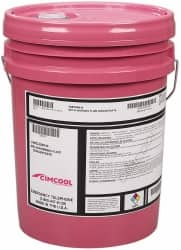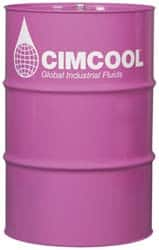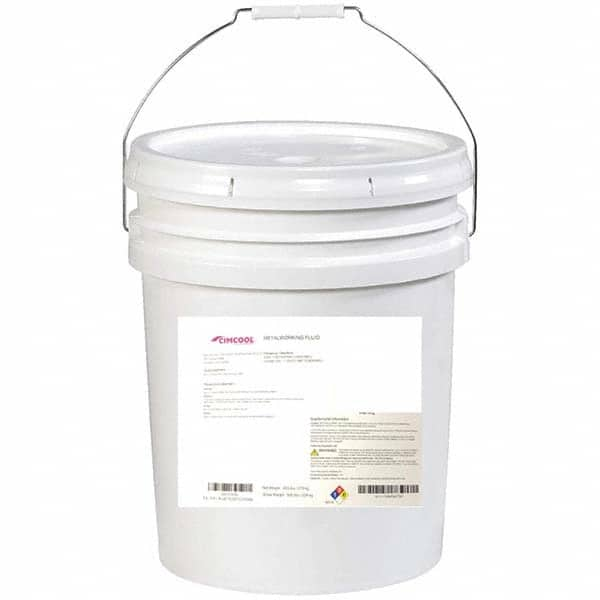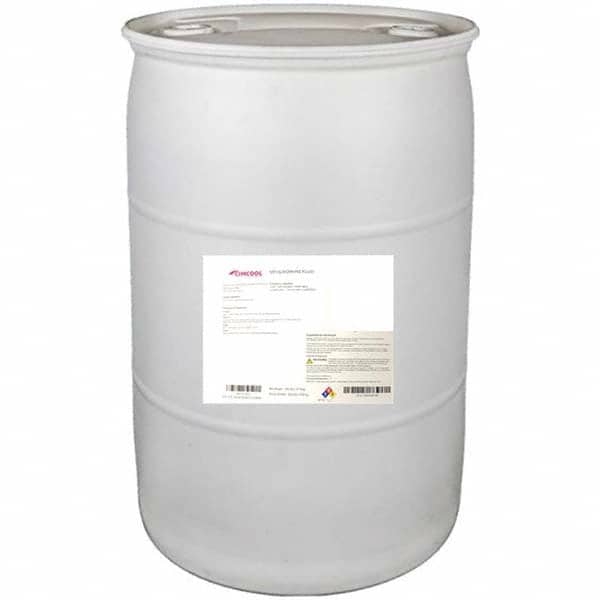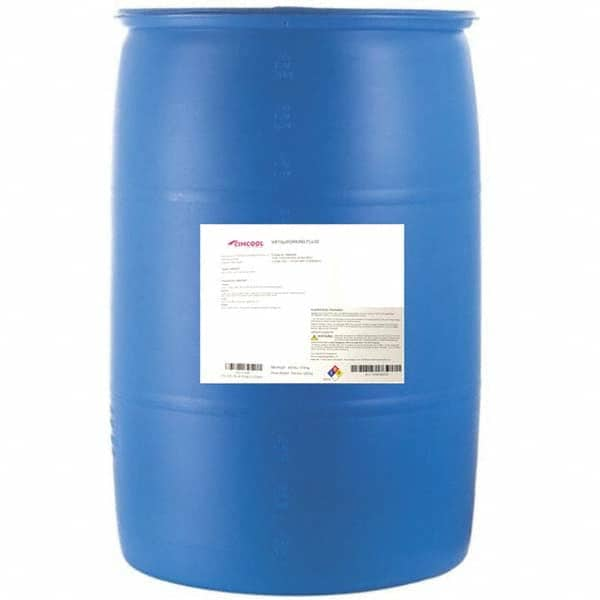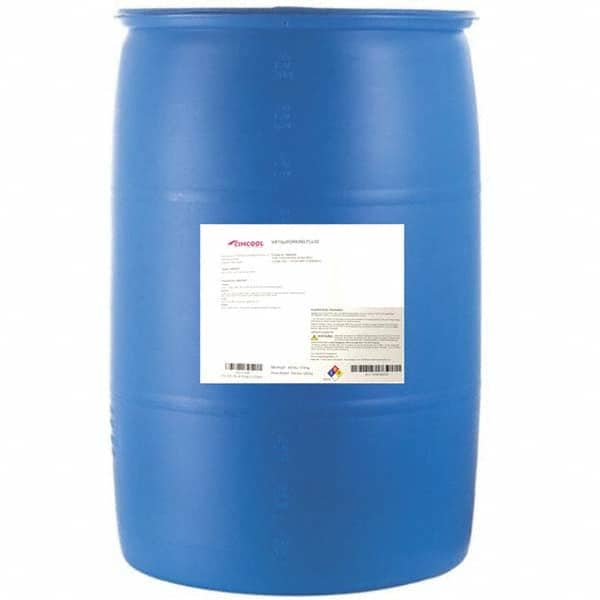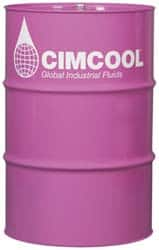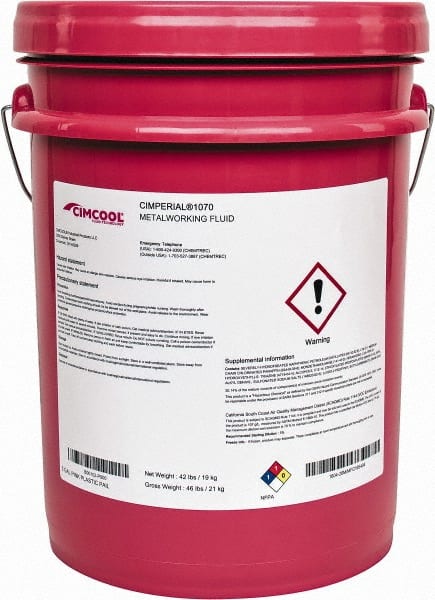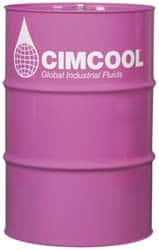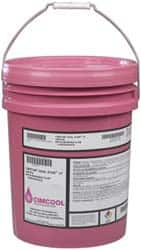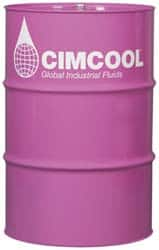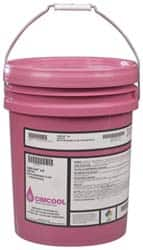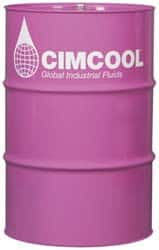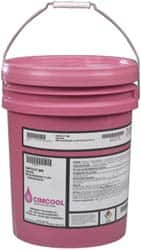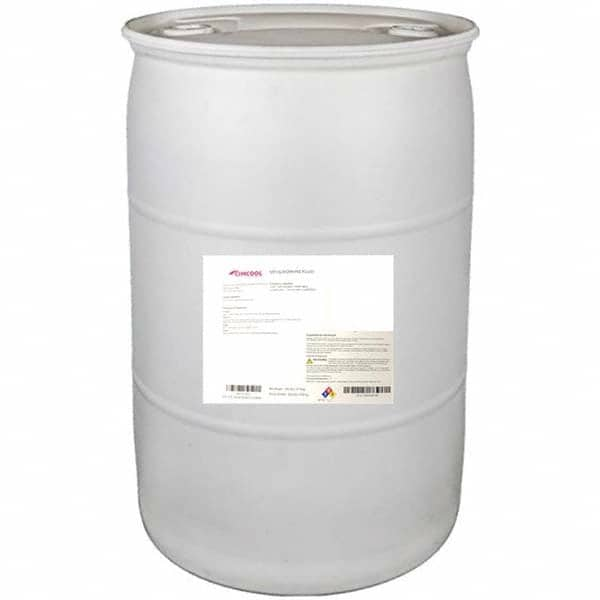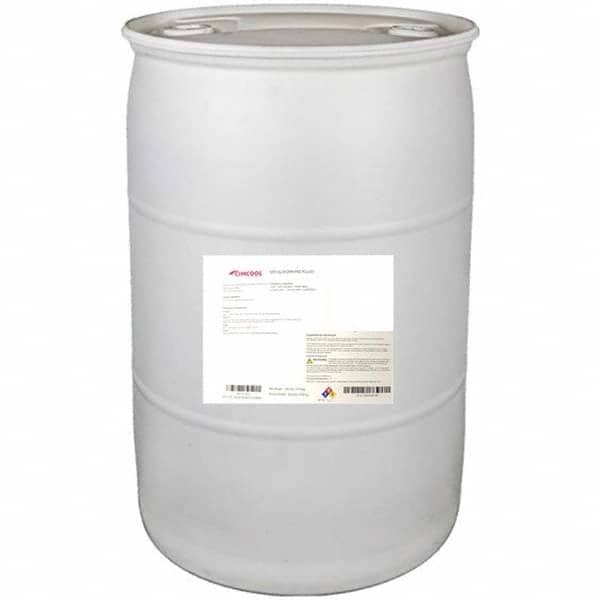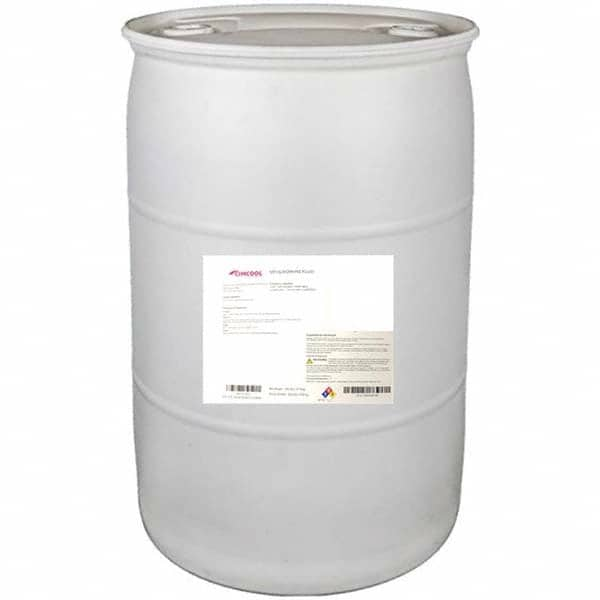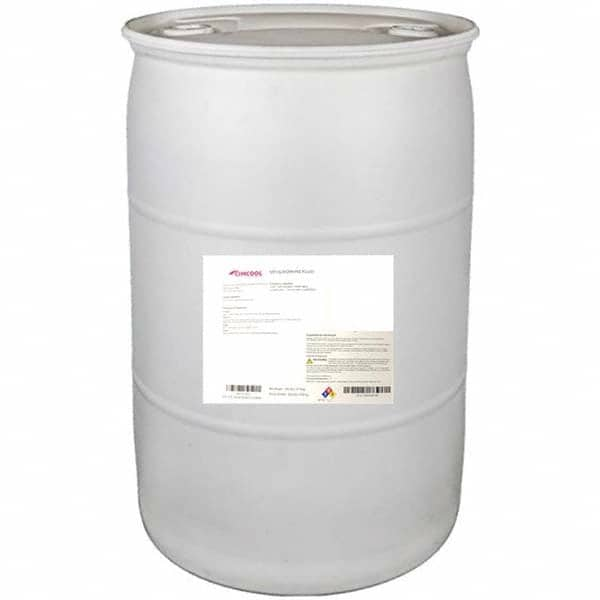Unlock the Power of Cimcool: Your Ultimate Guide to Cleaners, Chemicals, and Industrial Solutions

Overview
This blog post serves as an in-depth guide for customers interested in purchasing Cimcool products related to industrial cleaning and maintenance. It covers five key categories: Cleaners, Detergents & Odor Control, Industrial Chemicals & Cleaners, Lubricants & Lubrication Equipment, Metalworking Fluids, Coolants & Equipment, and Parts Washers, Solutions & Solvents. For each category, we provide a general overview, top applications, top reasons to products in the given category, frequently asked questions, and product recommendations. Lets dive in.
Table of Contents
- Cleaners, Detergents & Odor Control
- Industrial Chemicals & Cleaners
- Lubricants & Lubrication Equipment
- Metalworking Fluids, Coolants & Equipment
- Parts Washers, Solutions & Solvents
1. Cleaners, Detergents & Odor Control
Overview
Cleaners, detergents, and odor control products are essential in maintaining cleanliness and hygiene across various settings. These products are designed to eliminate dirt, grime, and unpleasant odors, ensuring a safe and healthy environment. They are commonly used in schools, offices, laboratories, warehouses, and industrial spaces where cleanliness is a priority.
Top Applications
- School Facilities: Cleaning classrooms, restrooms, and common areas.
- Office Buildings: Maintaining cleanliness in workspaces and meeting rooms.
- Laboratories: Ensuring sterile conditions and controlling chemical odors.
- Warehouses: Keeping storage areas free from dust and debris.
- Industrial Plants: Cleaning heavy machinery and controlling industrial odors.
Top Reasons to Use These Products
- Enhanced Cleanliness: Effective in removing tough stains and dirt.
- Odor Control: Neutralizes unpleasant odors for a fresh environment.
- Safety Compliance: Meets industry standards for hygiene and safety.
- Versatile Applications: Suitable for a wide range of surfaces and environments.
- Cost-Effective: Long-lasting and economical for bulk cleaning needs.
Top 10 FAQs
- What types of surfaces can these cleaners be used on?
- Most surfaces, including metal, plastic, and glass, can be safely cleaned with these products.
- Are these products eco-friendly?
- Yes, many of them are designed to be environmentally friendly.
- Can they be used in food preparation areas?
- Some products are certified safe for food prep areas; always check the label.
- Do they require dilution?
- It depends on the product; follow the instructions for dilution ratios.
- How often should they be applied?
- Frequency depends on the environment and level of dirt/odor.
- Are these products safe for use around children?
- When used as directed, they are safe, but keep out of reach of children.
- Do they leave any residue?
- Most are designed to leave no residue when used correctly.
- How should these products be stored?
- Store in a cool, dry place, away from direct sunlight.
- What is the shelf life of these products?
- Typically 1-2 years, but check the label for specific information.
- Can they be used in industrial settings?
- Yes, they are ideal for both industrial and commercial applications.
Product Recommendations
2. Industrial Chemicals & Cleaners
Overview
Industrial chemicals and cleaners are specialized products designed to tackle the toughest cleaning jobs in industrial environments. These products are formulated to remove heavy grease, oil, and contaminants from machinery, equipment, and surfaces, ensuring optimal performance and safety.
Top Applications
- Manufacturing Plants: Cleaning industrial machinery and equipment.
- Automotive Workshops: Removing oil, grease, and grime from vehicles.
- Food Processing Facilities: Ensuring sanitary conditions and cleaning processing equipment.
- Construction Sites: Cleaning heavy machinery and tools.
- Oil Refineries: Maintaining cleanliness and safety in oil and gas environments.
Top Reasons to Use These Products
- High Efficacy: Capable of removing even the toughest industrial contaminants.
- Safety Compliance: Meets regulatory standards for industrial environments.
- Versatility: Suitable for a wide range of industrial applications.
- Time-Saving: Speeds up cleaning processes, reducing downtime.
- Protection: Helps extend the life of equipment by removing harmful substances.
Top 10 FAQs
- What types of chemicals are included in these products?
- A range of solvents, detergents, and degreasers tailored for industrial use.
- Are they safe for all types of equipment?
- Yes, but always check the compatibility with specific materials.
- How should these chemicals be handled?
- With proper safety gear, including gloves and masks.
- Are these products biodegradable?
- Many are, but check product details for specifics.
- Can they be used in food processing areas?
- Some are certified for use in food-grade environments.
- What is the dilution ratio?
- Varies by product; follow manufacturer instructions.
- How should they be disposed of?
- Dispose of according to local environmental regulations.
- Do they have any special storage requirements?
- Store in a cool, dry place away from direct sunlight.
- How long do they last?
- Shelf life varies; typically 1-2 years.
- Are there any special precautions?
- Always follow safety guidelines and wear appropriate PPE.
Product Recommendations
3. Lubricants & Lubrication Equipment
Overview
Lubricants and lubrication equipment are critical for maintaining the smooth operation of machinery and equipment. These products reduce friction, prevent wear and tear, and extend the life of industrial machinery, making them essential in any industrial setting.
Top Applications
- Manufacturing: Lubricating production line machinery.
- Automotive Industry: Maintaining engine and transmission components.
- Construction: Ensuring smooth operation of heavy machinery.
- Agriculture: Keeping farm equipment running efficiently.
- Mining: Lubricating heavy-duty mining equipment.
Top Reasons to Use These Products
- Reduces Friction: Minimizes wear and tear on moving parts.
- Extends Equipment Life: Prevents premature failure of machinery.
- Improves Efficiency: Ensures machinery operates at optimal performance.
- Cost Savings: Reduces maintenance costs by preventing breakdowns.
- Versatile: Suitable for a wide range of applications and equipment.
Top 10 FAQs
- What types of lubricants are available?
- Oils, greases, and specialty lubricants tailored for specific uses.
- How often should lubrication be applied?
- Frequency depends on usage and equipment specifications.
- Are there environmentally friendly options?
- Yes, some products are biodegradable.
- Can lubricants be used in food processing?
- Food-grade lubricants are available for these environments.
- What equipment is needed for application?
- Lubrication pumps, dispensers, and grease guns are commonly used.
- How should lubricants be stored?
- In a cool, dry place, away from contaminants.
- How long do lubricants last?
- Typically, they have a long shelf life, but check product details.
- Are there any safety concerns?
- Handle with care and avoid skin and eye contact.
- Can lubricants mix with other chemicals?
- Avoid mixing unless specifically stated by the manufacturer.
- What are the benefits of using synthetic lubricants?
- They offer superior performance and longevity in extreme conditions.
Product Recommendations
4. Metalworking Fluids, Coolants & Equipment
Overview
Metalworking fluids and coolants are essential in the machining and manufacturing industry. These products are used to cool and lubricate tools during metalworking processes, reducing heat and friction, and extending the life of both tools and workpieces.
Top Applications
- CNC Machining: Cooling and lubricating cutting tools.
- Grinding Operations: Reducing heat and friction during grinding.
- Drilling: Enhancing the precision and longevity of drill bits.
- Milling: Improving the finish and accuracy of milled parts.
- Turning: Ensuring smooth operations during lathe work.
Top Reasons to Use These Products
- Improves Tool Life: Reduces wear and tear on cutting tools.
- Enhances Surface Finish: Results in smoother, more precise finishes.
- Reduces Heat Generation: Keeps tools and workpieces cooler.
- Increases Productivity: Allows for faster machining speeds.
- Versatile: Suitable for various metalworking applications.
Top 10 FAQs
- What types of metalworking fluids are available?
- Water-based coolants, oils, and synthetic fluids.
- How often should fluids be replaced?
- Regular monitoring is required; replace when contaminated.
- Are there any environmental concerns?
- Some fluids are biodegradable; others require proper disposal.
- Can these fluids be used with all metals?
- Yes, but choose the right fluid for the specific metal.
- What equipment is needed for application?
- Pumps, filters, and coolant dispensers.
- How should fluids be stored?
- In sealed containers, away from contaminants.
- What is the shelf life of these fluids?
- Typically 1-2 years, but check product labels.
- Are these fluids hazardous?
- Handle with care and use appropriate PPE.
- Can fluids be mixed?
- Avoid mixing unless specified by the manufacturer.
- What are the benefits of synthetic fluids?
- They offer superior cooling and lubrication performance.
Product Recommendations
5. Parts Washers, Solutions & Solvents
Overview
Parts washers, solutions, and solvents are essential for cleaning and degreasing parts and components in industrial and automotive settings. These products help remove grease, oil, and other contaminants, ensuring that parts are clean and ready for use or assembly.
Top Applications
- Automotive Workshops: Cleaning engine parts and components.
- Manufacturing Plants: Degreasing machinery parts before assembly.
- Aviation Industry: Cleaning aircraft components.
- Marine Industry: Maintaining ship engines and parts.
- Heavy Machinery: Cleaning and maintaining construction equipment.
Top Reasons to Use These Products
- Effective Cleaning: Removes tough grease and contaminants.
- Saves Time: Speeds up the cleaning process.
- Improves Performance: Clean parts perform better and last longer.
- Safety Compliance: Meets industrial safety standards.
- Versatile: Suitable for various types of parts and components.
Top 10 FAQs
- What types of solvents are available?
- A range of degreasers, aqueous solutions, and solvents.
- Can they be used on all parts?
- Yes, but choose the appropriate solution for the material.
- Are these products environmentally friendly?
- Some are biodegradable; others require proper disposal.
- How should they be applied?
- With parts washers or manually, depending on the product.
- What safety precautions are needed?
- Use in well-ventilated areas and wear protective gear.
- Can these products be reused?
- Some solutions can be filtered and reused; others are single-use.
- How should they be stored?
- In a cool, dry place, away from heat sources.
- What is the shelf life?
- Typically 1-2 years, but check product details.
- Are there any special disposal requirements?
- Follow local regulations for hazardous waste disposal.
- Can they be mixed with other chemicals?
- Avoid mixing unless specified by the manufacturer.
Product Recommendations
Final Thoughts
Choosing the right products for industrial cleaning and maintenance is crucial for ensuring safety, efficiency, and longevity of equipment. Cimcool products offer a wide range of solutions tailored to various industrial needs, from basic cleaning tasks to specialized applications in heavy machinery and metalworking. By understanding the specific uses, benefits, and best practices associated with these products, buyers can make informed decisions that optimize their operations and maintain high standards of cleanliness and performance. This guide not only helps you choose the right products but also equips you with the knowledge to use them effectively in your workplace.


